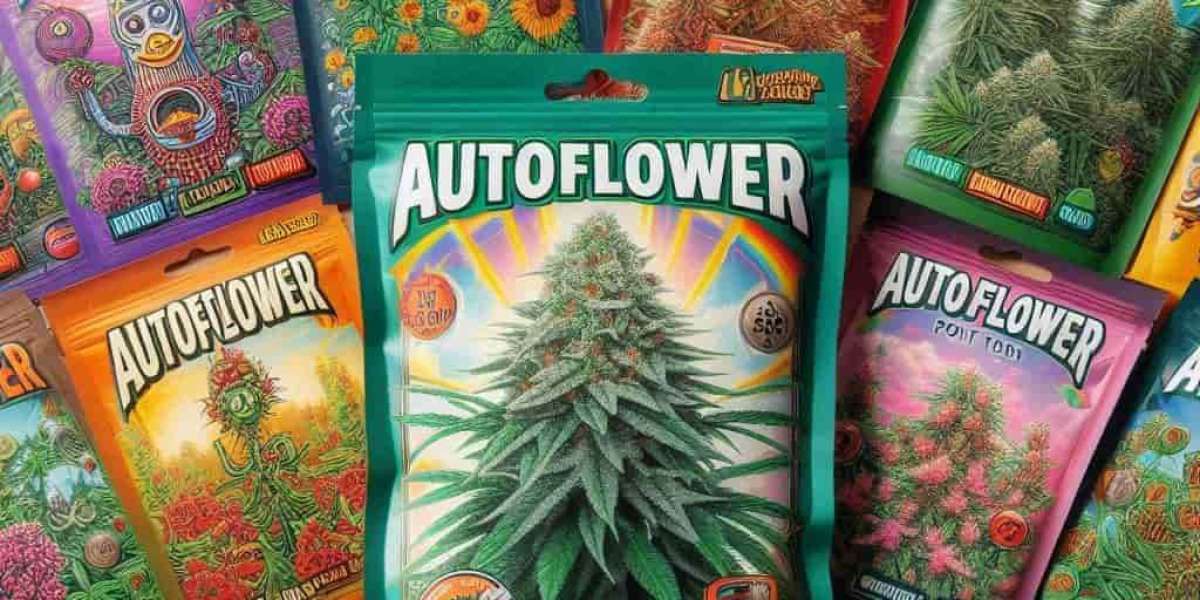As of now, North Carolina has not legalized the cultivation of marijuana https://weedseedsoff.com/north-carolina/ for recreational or medical purposes. The state maintains strict laws regarding the growth, possession, and distribution of cannabis, which means that growing marijuana in North Carolina is illegal.
Current Legal Status
In North Carolina, marijuana is classified as a Schedule VI controlled substance. This classification means that the state considers cannabis to have a low potential for abuse compared to other drugs but still prohibits its use, cultivation, and distribution. Anyone caught growing marijuana, regardless of the amount, can face serious legal consequences, including fines and imprisonment.
For instance, growing even a small number of marijuana plants can result in felony charges. The severity of the punishment depends on the number of plants being cultivated and whether the individual has any prior convictions. Larger operations, especially those involving the intent to distribute, can lead to more severe penalties, including longer prison sentences.
Medical Marijuana in North Carolina
While some states have legalized marijuana for medical purposes, North Carolina has not yet joined that list. There have been legislative efforts to introduce medical marijuana programs, but as of now, these proposals have not been passed into law. This means that even individuals who may benefit from medical cannabis are not permitted to grow their own plants or purchase marijuana legally within the state.
However, North Carolina does allow the use of cannabidiol (CBD) oil for certain medical conditions, such as epilepsy. The state’s CBD oil program is very limited, and the oil must contain less than 0.9% THC, the psychoactive compound in marijuana. Even though CBD oil is legal under specific circumstances, growing marijuana to produce CBD oil is still prohibited.
Hemp Cultivation
It’s important to note that North Carolina does allow the cultivation of industrial hemp, which is a variety of the cannabis plant that contains very low levels of THC (less than 0.3%). Hemp is used for a variety of purposes, including the production of textiles, food products, and CBD oil. Farmers who wish to grow hemp must apply for a license through the North Carolina Department of Agriculture and Consumer Services.
The hemp industry in North Carolina has grown significantly in recent years, and many farmers see it as a potential cash crop. However, strict regulations govern the cultivation of hemp, and growers must comply with state and federal guidelines to ensure their crops do not exceed the legal THC limit.
Potential Changes in the Future
There is growing support for the legalization of marijuana in North Carolina, both for medical and recreational use. Several bills have been introduced in the state legislature that would legalize medical marijuana, and public opinion seems to be shifting in favor of reform. However, these efforts have faced opposition, and it remains unclear when or if marijuana legalization will occur in the state.
If North Carolina does eventually legalize marijuana, it is likely that strict regulations will be put in place regarding its cultivation. These regulations could include limits on the number of plants individuals can grow, licensing requirements for commercial growers, and rules regarding the sale and distribution of cannabis products.
Conclusion
For now, growing marijuana in North Carolina remains illegal, and those caught cultivating cannabis can face serious legal consequences. While there is hope that the state will eventually legalize marijuana for medical or recreational use, it is important to stay informed about the current laws and any potential changes. If you are interested in growing hemp, which is legal under specific conditions, be sure to follow the state’s guidelines and obtain the necessary licenses.
As the conversation around marijuana legalization continues to evolve, North Carolina residents should keep an eye on legislative developments and be aware of how any changes could impact the state’s growing regulations.







